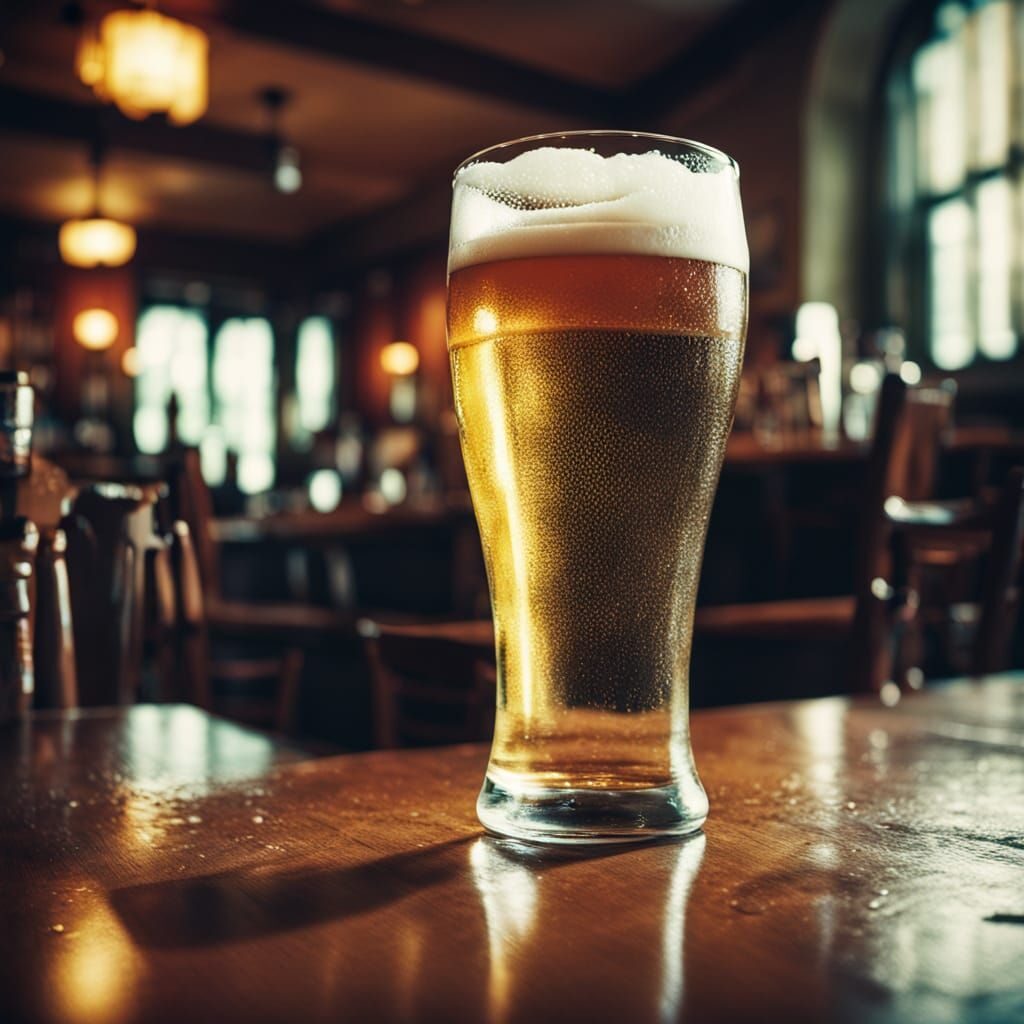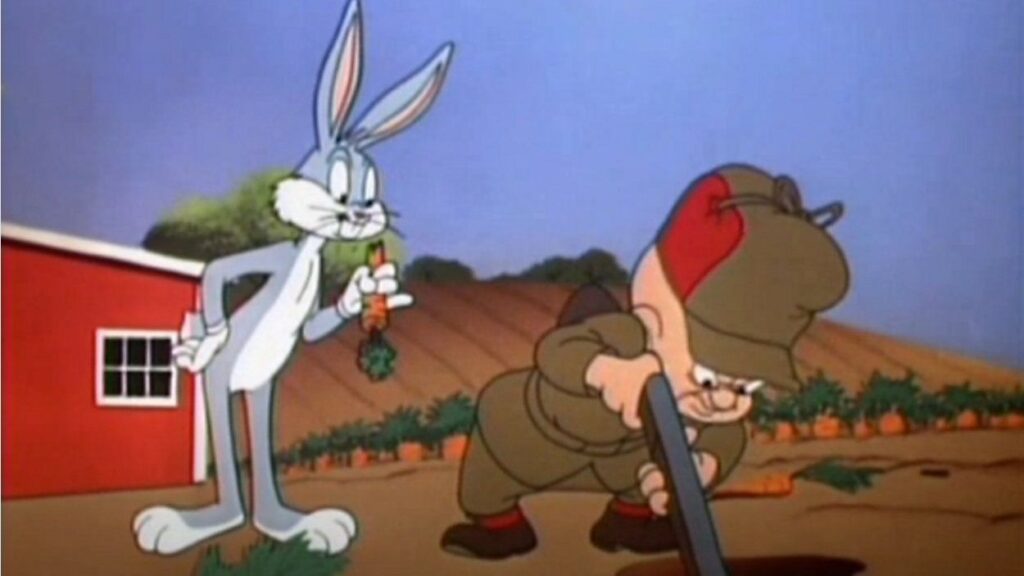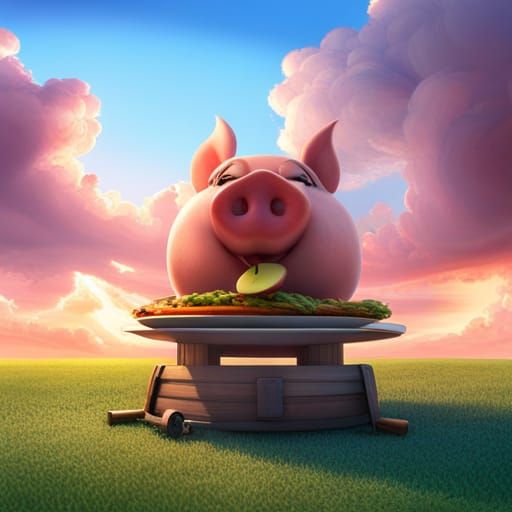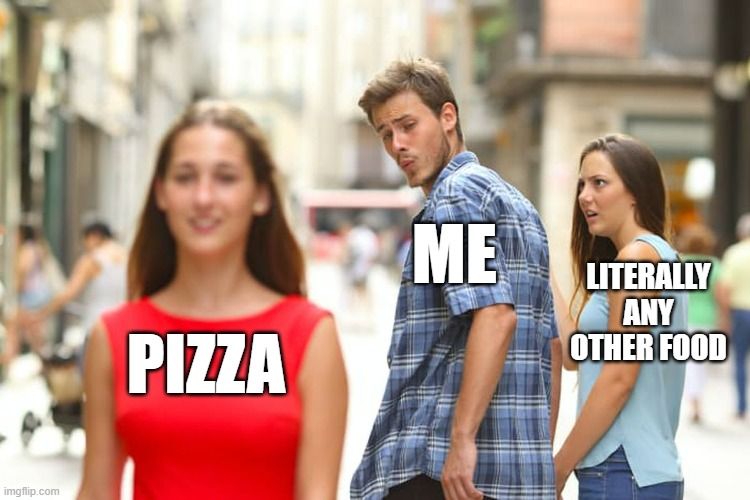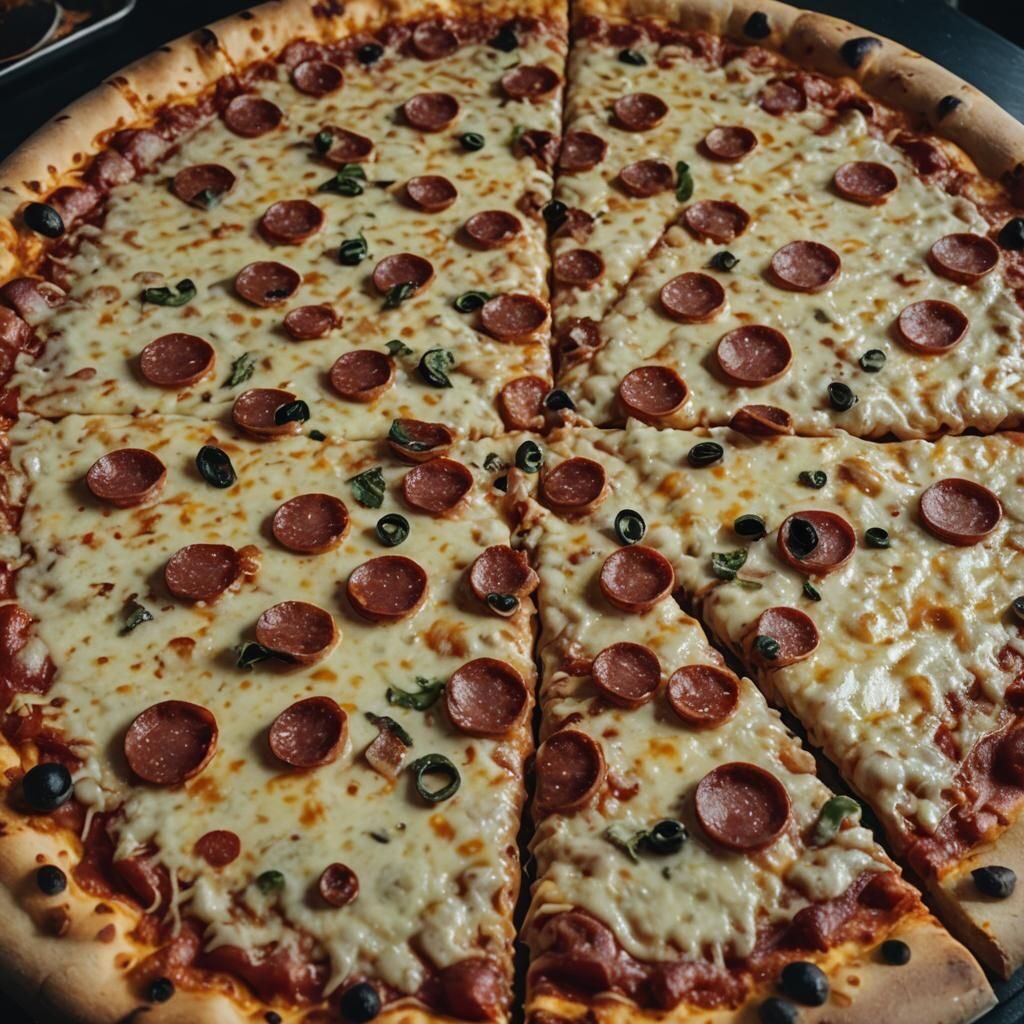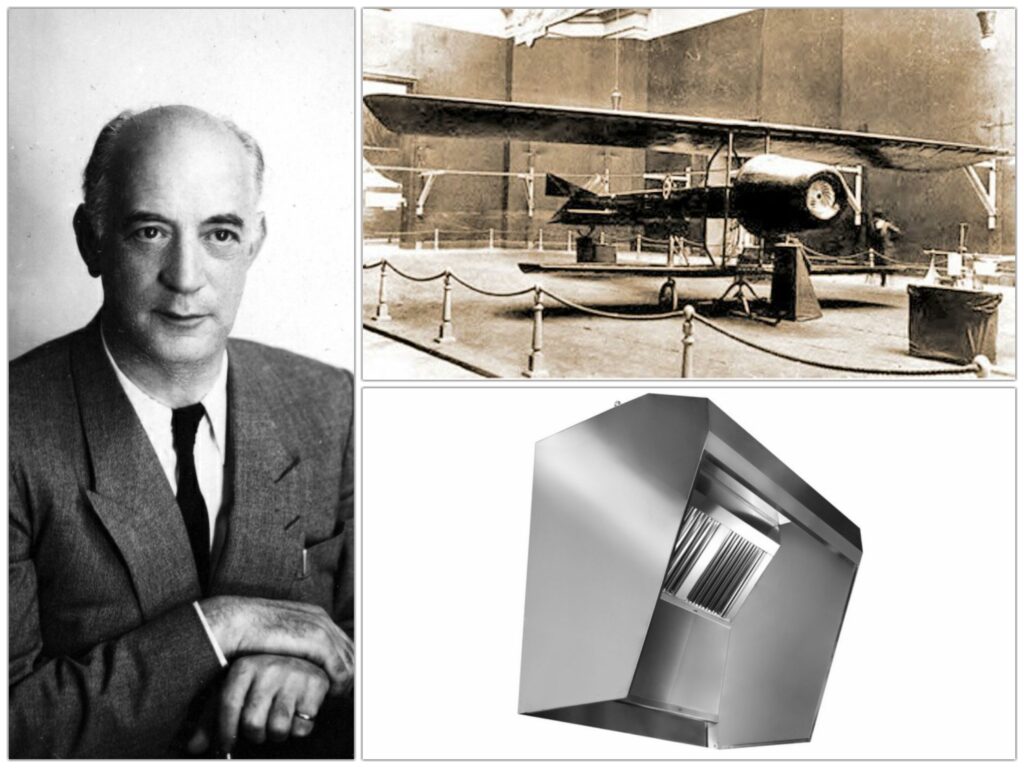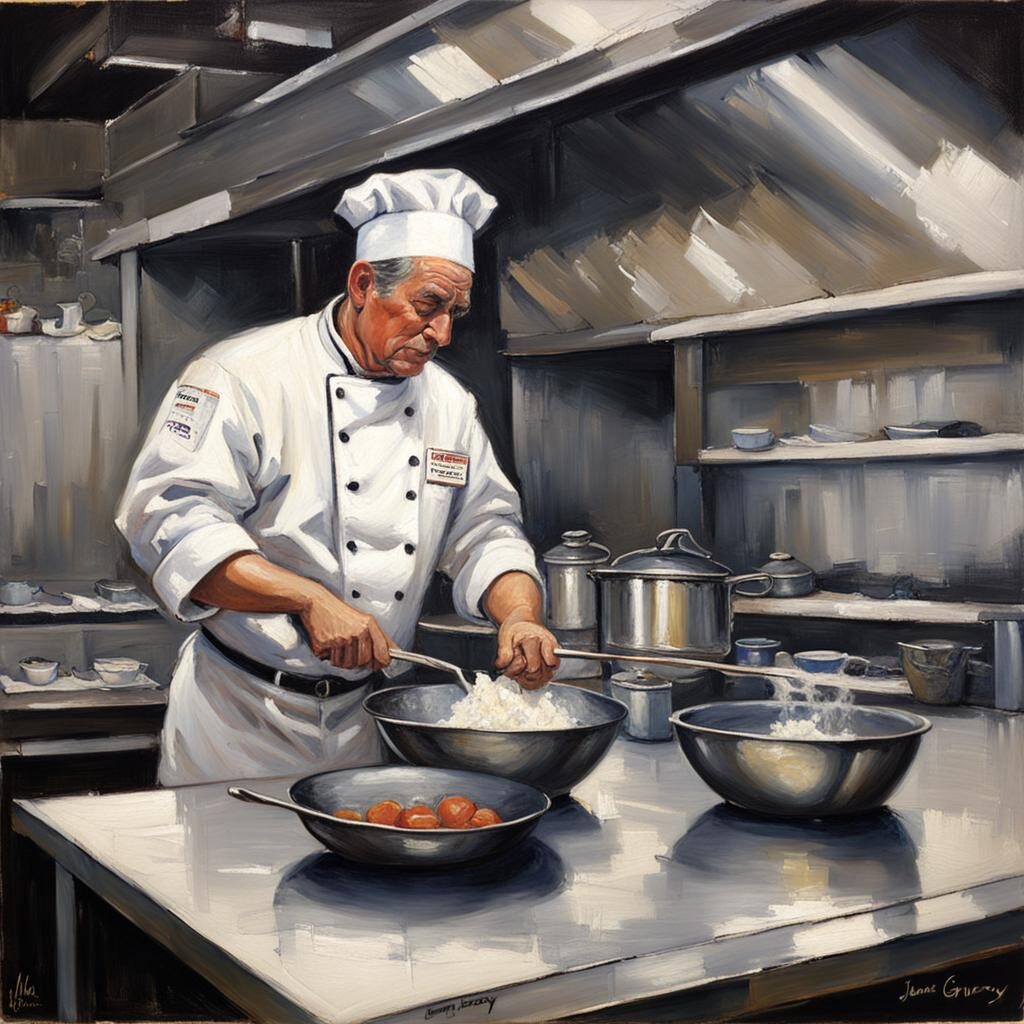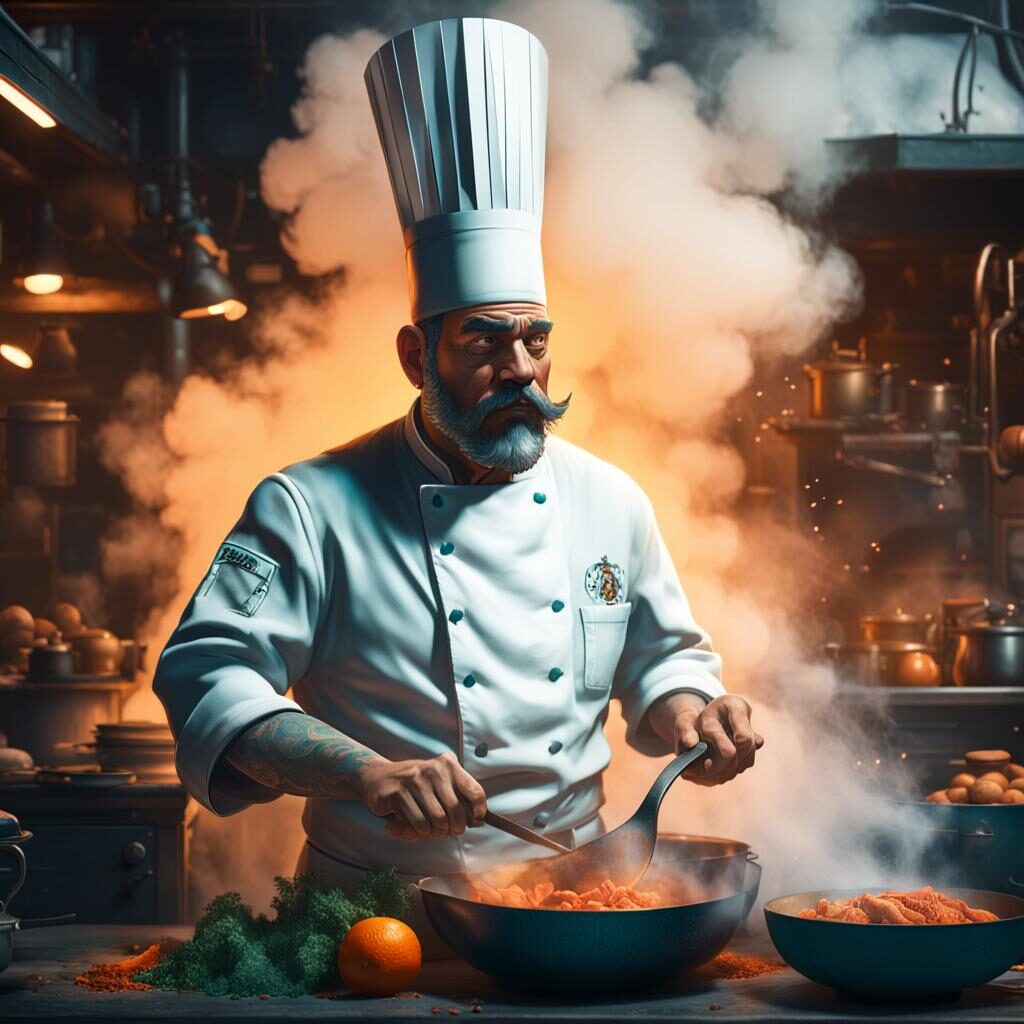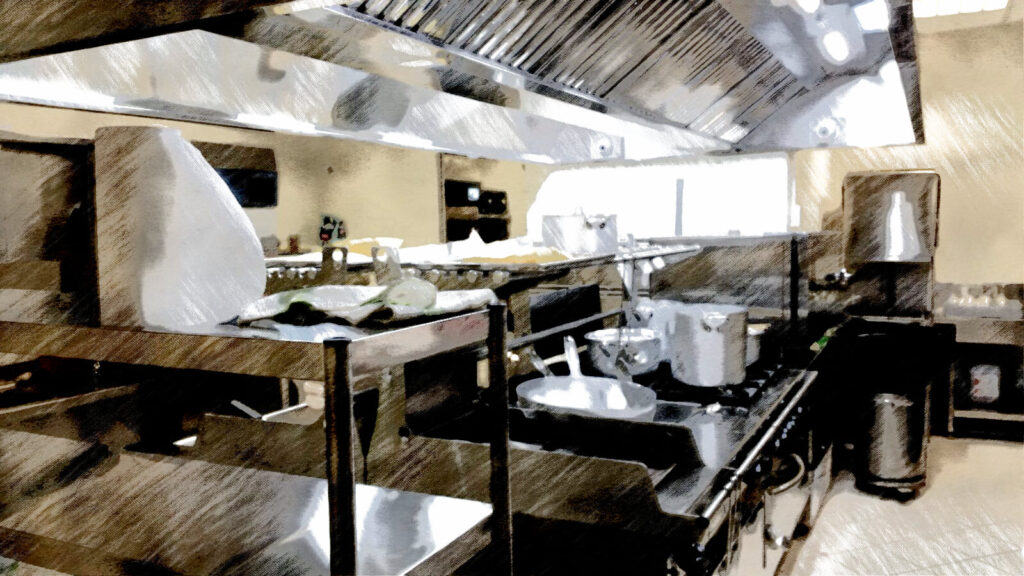We all know what cognitive biases are.
Very roughly: they are distortions that people implement in their evaluations of facts and events, often due to incorrect knowledge, fallacious mental processes, prejudices or other illogical reasoning.
In short, those things that distract us from the reality of the facts.
Now, it is another common belief that knowing one’s flaw is enough to overcome it.
Well, no.
It is certainly a necessary first step, but it is not enough.
In fact, there are categories of cognitive biases that are called encapsulated.
They are our representations of reality that not even knowledge of the facts makes us set aside.
We know that they are biases, but we don’t care.
An example above all? The 99 effect.
That is to say, those “9.99 price tags”.
We all know that it is one of the oldest marketing trick in history. We all know that a penny from that “10” certainly won’t make us poorer.
Yet, we continue to fall for it.
Even unconsciously.
But the fact that it is “.99” makes us want to buy the item more than if it were a round figure.
Got another one from the top of my mind (I think about food most of the time…): the mental connection between Vitamin C and orange.
It is public knowledge that oranges contain vitamin C, but in a lower proportion than other foods such as kiwis, currants, spinach, peppers, strawberries (just to name a few).
Yet, orange is the symbol of vitamin C. Every time we hear one word, the other automatically comes to mind.
The supplement sachets containing Vitamin C are orange flavoured.
And try typing “Vitamin C” into Google Images: a sparkling wave of orange color will come up.
It’s no coincidence!
However, I might be biased, but if you work in hospitality or foodservice industry, then I can provide you with the best services of content marketing and/or copywriting.
Just DM me!

 Italiano
Italiano

